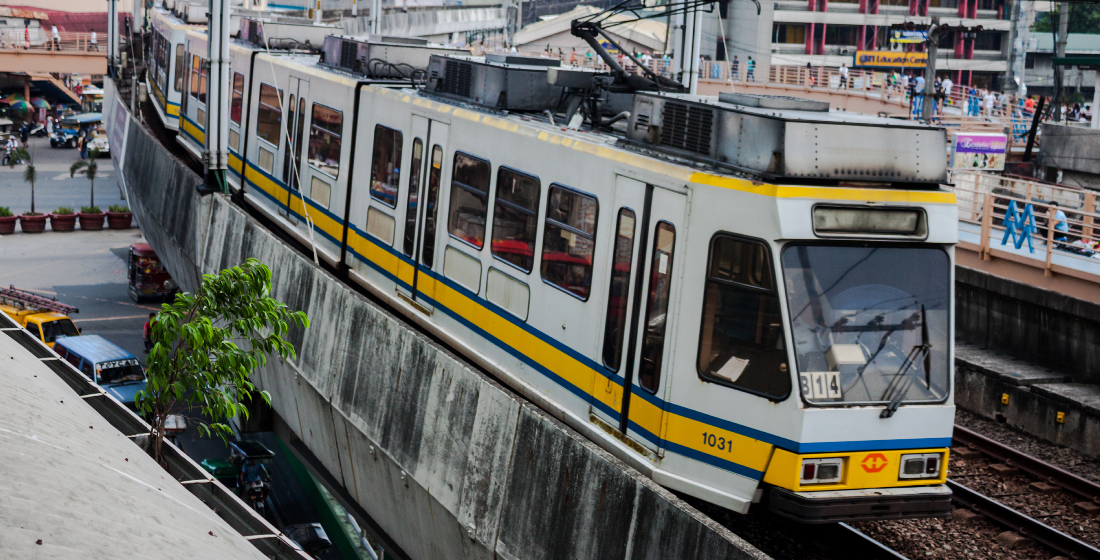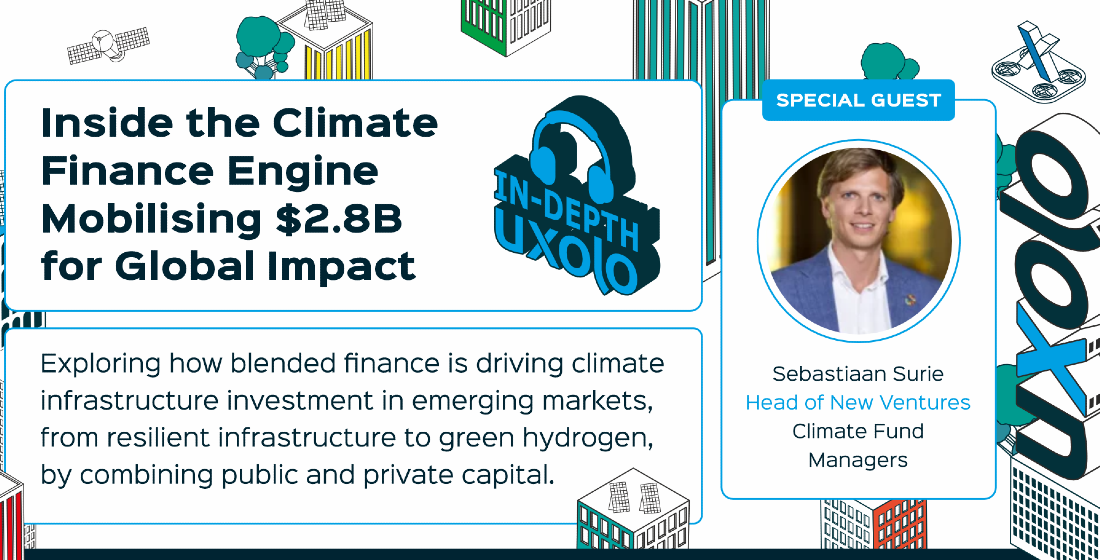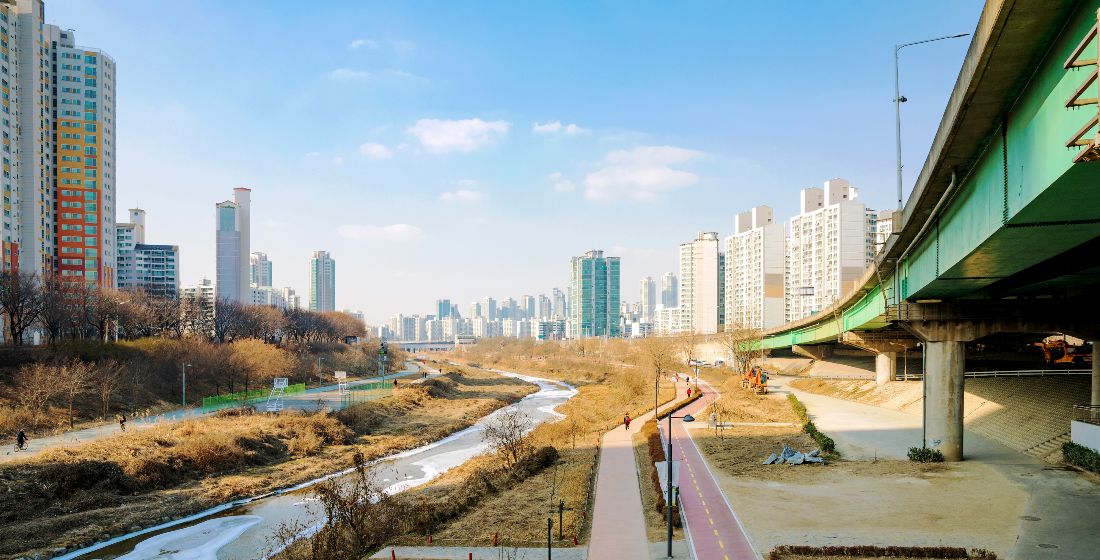South Commuter Railway Project: ADB turns up the volume
The high infrastructure competitiveness index of the Philippines and years of underspending on infrastructure make it an attractive market for ADB to invest in big-ticket deals.

The Asian Development Bank (ADB) recently approved its largest infrastructure financing in the Asia-Pacific region to date – a $4.3 billion loan to construct nearly 55 kilometres of modern suburban railway line connecting Metro Manila with the city of Calamba in the Philippines. The investment in the South Commuter Railway Project is part of the North–South Commuter Railway (NSCR) network in the country.
The project will be financed under a multi-tranche facility, with the first tranche of $1.75 billion to be made available starting this year. The release of the second and third tranches is expected in 2024 and 2026. The first tranche of $1.75 billion will have a 28-year tenor, including a grace period of 9 years, and will have an annual interest rate determined in accordance with ADB’s Flexible Loan Product and a commitment charge of 0.15% per year. While ADB will finance civil works for the railway viaduct, stations, bridges, tunnels, and depot buildings, the Japan International Cooperation Agency (JICA) is funding the rolling stock and railway systems.
The high infrastructure competitiveness index of the Philippines makes it an attractive market for ADB to invest in big-ticket deals. The World Economic Forum’s Global Competitiveness Report, 2019 ranked the Philippines’ infrastructure competitiveness 96th out of 141 economies surveyed, well behind regional peers such as Malaysia (35th), Thailand (71st), and Indonesia (72nd). “At 35% of GDP in 2019, the Philippines had the lowest level of public capital stock among the members of the Association of Southeast Asian Nations, which had an average share of 69% of GDP. This is the result of years of underspending on public infrastructure,” Markus Roesner, Principal Transport Specialist, Southeast Asia Regional Department, Asian Development Bank (ADB).
While the underspending in the Philippines has presented itself as a massive financial opportunity for the ADB, improving infrastructure in the country meets the MDB’s development mandates. “Infrastructure deficit is an impediment to accelerating long-term economic growth and reducing poverty, and the shortage of public investments in mass public transport, in particular, leads to significant economic losses because of pollution and time delays caused by road congestion,” says Roesner.
The Philippine Development Plan estimated economic losses because of road congestion to be at least $24.8 billion per year in Metro Manila. “The lack of safe and efficient public transport disproportionately hurts people from low-income families, especially women and marginalized groups including children, the elderly, and people with disabilities, as it impedes their access to schools, markets, employment, and social services. Rapid population growth and urbanization make the urgent need for investments in urban development to address infrastructure deficits even more acute,” adds Roesner.
The project aims to boost employment in Manila and surrounding areas by facilitating mobility and improving accessibility to centers of job opportunities. According to ADB’s estimate, by 2040, the footfall for NSCR will be more than 600,000 passengers per day. The construction activities seek to create temporary employment for more than 35,500 people, and the operation of the project railways is estimated to provide employment to more than 3,200 people. “The benefit of reduced travel times, increased social mobility, and safety—factors that facilitate getting out of income poverty—will benefit women in particular by providing better access to jobs and education,” says Roesner.
Infrastructure boost
ADB’s Infrastructure Preparation and Innovation Facility supported the Department of Transportation (DOTr) in preparing the project. “The project was jointly prepared with the government since 2017,” says Roesner. The loan will further support the capacity development and institutional strengthening of DOTr, the implementing agency. The railway will be elevated to avoid flooding and reduce the impact and disruption to communities along the railway route. A technical assistance grant will support affected communities. “All eight civil works contracts financed by ADB are following open (international) competitive bidding in accordance with ADB’s Procurement Policy,” adds Roesner.
According to Roesner, the construction of the rail project will factor in the potential natural disasters that the Philippines is prone to. For instance, the bridge construction will include pre-fabricated bridge segments, and the use of two tunnel boring machines. “All facilities are designed to withstand earthquakes and heavy rains associated with typhoons,” says Roesner.
The project is one of the Philippines’ infrastructure flagship projects (IFP) and is part of the government’s “Build, Build, Build” infrastructure development programme. Other IFPs financed by ADB include the Metro Manila Bridges Project in 2021, the EDSA Greenways Project in 2020, the Angat Water Transmission Improvement Project in 2016 and additional financing in 2020, the Malolos Clark Railway Project in 2019, and the Improving Growth Corridors in Mindanao Road Sector Project in 2017. The “Build, Build, Build” programme has often come under criticism for increasing the Philippines’ sovereign debt, and the latest $4.3 billion loan is an addition to big infrastructure project debts undertaken by the government.





